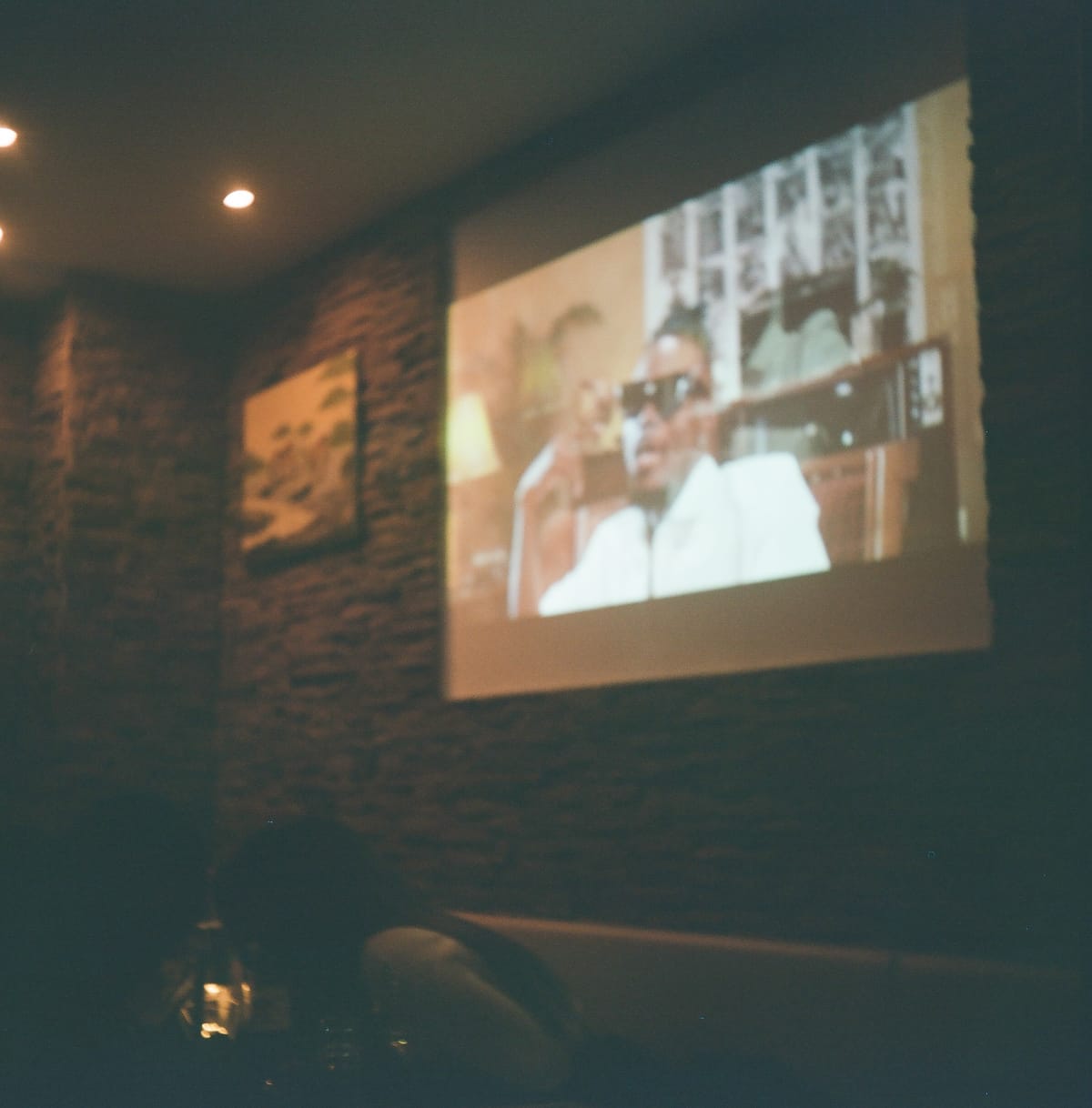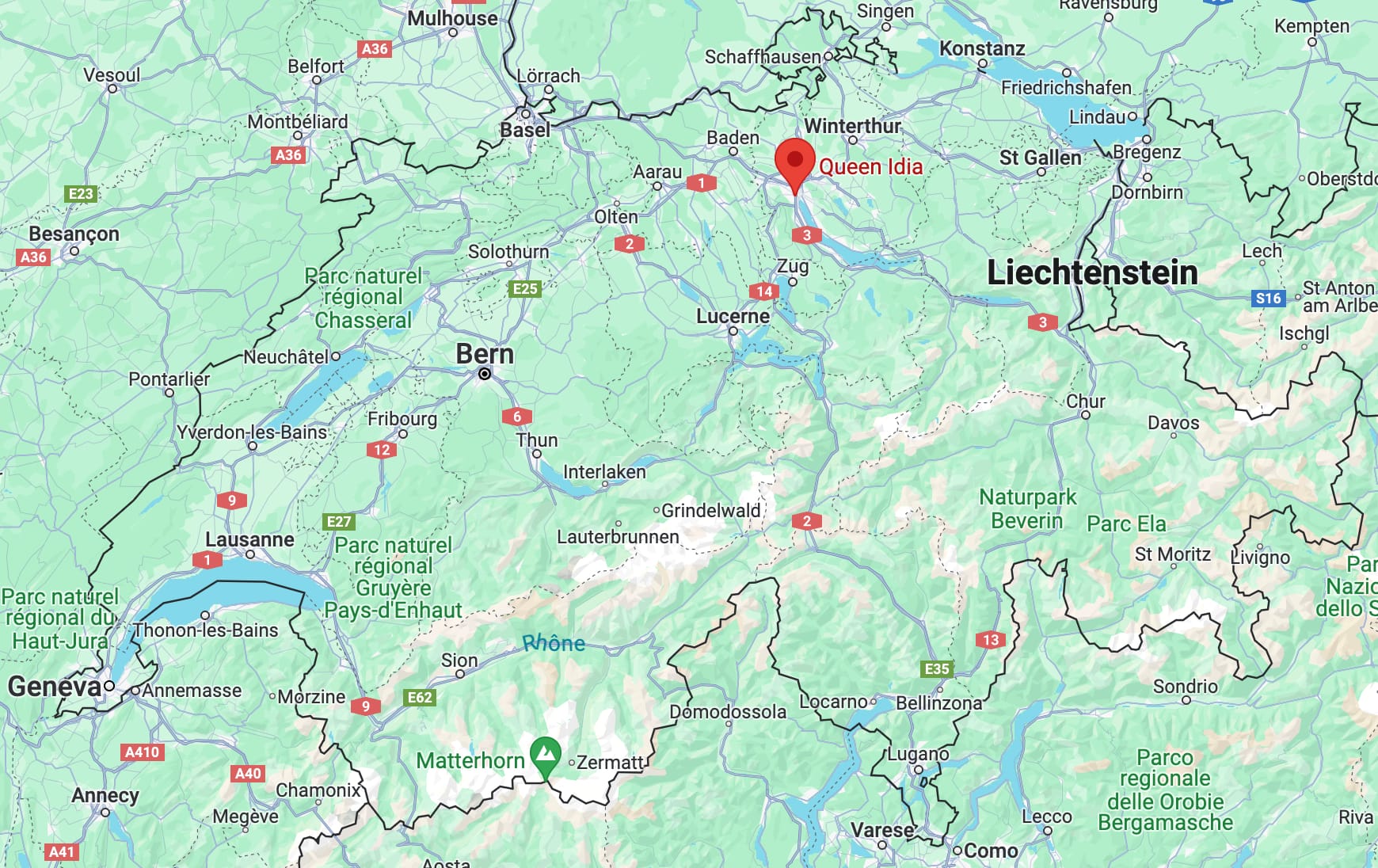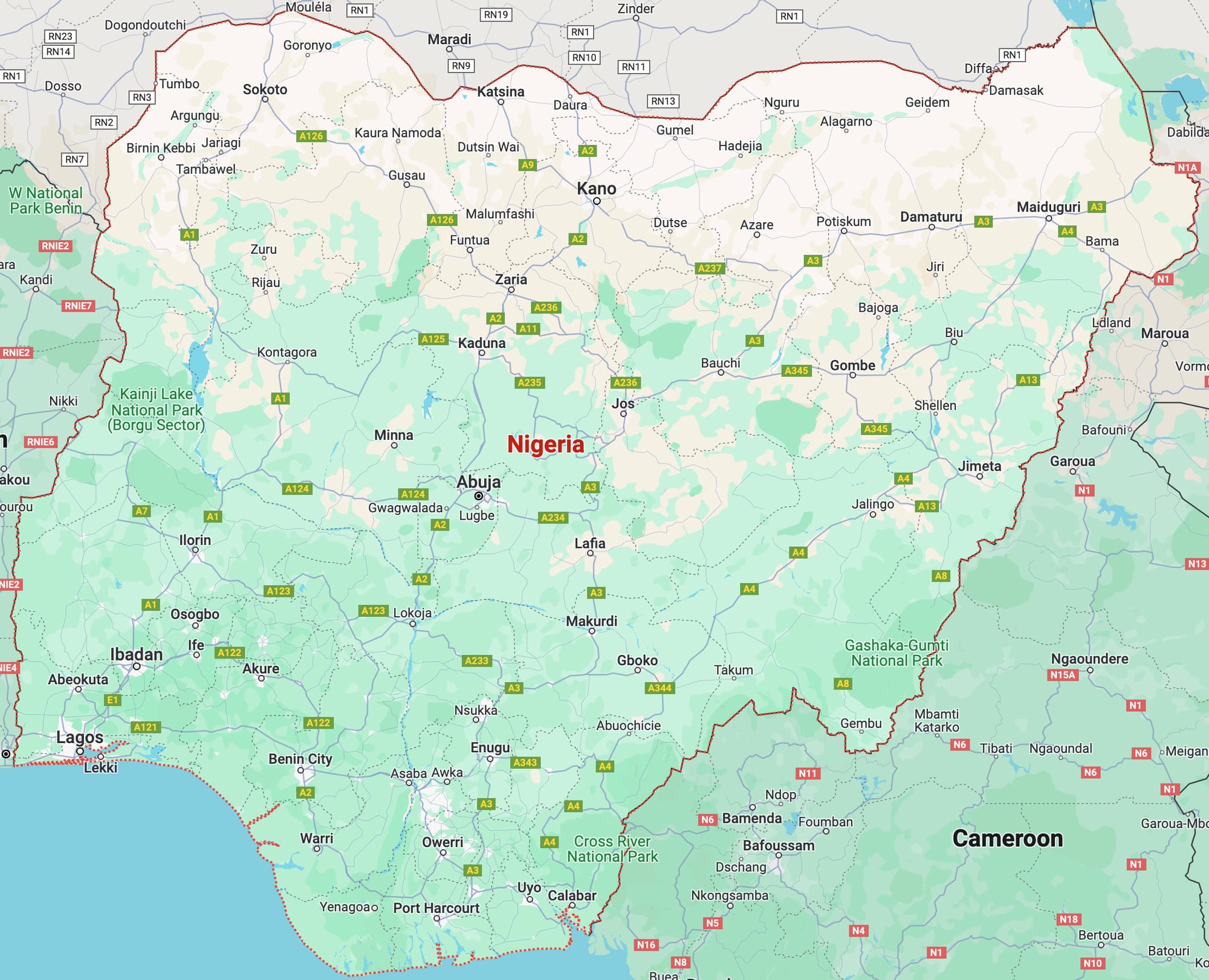Where to eat NIGERIA 🇳🇬 Zürich: Queen Idia
Queen Idia is a small but mighty establishment with full authenticity and fabulous food to boot... It makes for a real treat as a date spot or a nice place to catch up after work, given that its coziness and comfort foods are both on point.

Queen Idia
Badenerstrasse 125, Zürich

Published January 16, 2024 · by Amanda Rivkin
What we ordered: For three people, to start, one large portion of the sliced Nigerian-seasoned beef, served bite size and split between two people. Our vegetarian friend ordered a three-piece dish of vegetarian samosa. For entrees, we ordered jollof rice with chicken wings and plantains, spinach sauce with meat served with rice and plantains, and rice and tomato stew served with plantains. To drink we downed two half liter bottles of water and three large (60 dl) bottles of Nigerian Star beer.
Cost: 158.50 CHF / €167 / $181
Queen Idia is a small but mighty establishment with full authenticity and fabulous food to boot. If you have ever enjoyed Cajun cuisine, Nigerian is its first, not so distant cousin, with the origin and source of some of those magisterial flavors. Jambalaya, a dish that many may be familiar with has at its origins jollof rice, Nigeria’s national dish. While Nigerian food and Cajun cuisine have much delicious in common, Nigerian cooking has also existed and grown in full symbiosis with the tragedies of the Atlantic triangle trade route that also returned many of the fruits and flavors of the new world back to West Africa.
Queen Idia is a tidy little establishment with a row of tables along a front window and televisions highlighting the latest in Nigerian pop music videos. It makes for a real treat as a date spot or a nice place to catch up after work, given that its coziness and comfort foods are both on point. While the service could be languid at times, it was courteous and warm, and the food was spectacularly tasty.

The sliced beef entrée popped and offered hints of what was to come. Our vegetarian companion gave the samosas fair marks, and likewise for his tomato stew with plain rice and plantains. It seems even with an abundance of vegetarian options, the meat dishes on offer provided the most satisfying umami.
The jollof rice was like a dream. I could recognize everything I love about Creole cooking in the American South but had never thought or bothered to investigate much further. That is my great shame. Decades of my life have been spent without ever diving into Nigerian food. But now that I know, I know.
My partner’s spinach sauce with meat was similarly satisfying. The combination of spicy and sweet in a distinctly West African style was met with high marks. The plantains offered a bittersweet companion to the spicy rice. He noted that the meat is something special and often rare in the cuisine as it is maximally spiced.

It is often the case that those with the least play with flavors the most, showcasing the real wealth of nations through fragrant, potent cuisines. Nigerian food was a totally pleasant surprise, from start to finish.
At Queen Idia, we imagined a family from Benin might be at the helm, given the restaurant’s namesake is a queen of the Edo people, though several regional states in Nigeria are also home to the Edo. However, when we inquired, we were told the restaurant was Nigerian and so we got cozy with what we were about to discover. Our confusion only served as a reminder of the often-arbitrary nature of borders in the post-colonial world.
It is not so much that borders and kitchens are porous places, as borders, especially in the postcolonial world, are an artificial line drawn in the ground. These borders mark more often an illusory promise that we can somehow keep people between lines even with the mechanisms of might to do so. In Africa, no factor was a greater driver of the absurdities and compromises of the modern nation state than the continent’s colonial past.
Nigeria is a remarkably diverse but also large nation. There are Christians and Muslims, rural and urban, north and south, herders and fishers. Years ago in Azerbaijan, I met some Nigerian students, Muslims, who joked that if you end up somewhere and there are no Nigerians around, then you are really in the middle of nowhere good.
So it is with the wisdom and wit of these students that we can offer up that seemingly anywhere you go in the world, you may have the good fortune to chance upon some Nigerians making jollof rice or cooking up one of their fabulous stews. You should by no means miss out on the opportunity to join their table. Go on an empty stomach and you will come home full, deeply satisfied, and ready to try your hand at cooking their marvelous food at home.

How to get to Nigeria from Switzerland:
By car, it is 80 hours and makes use of the Trans-Saharan Highway as well as many obscure roundabouts and private (read: military) roads, according to Google Maps. Among the less-than-stellar directions on offer includes continuing onto Pan Drive at Hijabs and More in Kaduna, north of the capital.
Having once driven through a minefield in Republika Srpska, Bosnia and Herzegovina, after heeding the advice of Google Maps, it may be better to listen only to locals if you opt for the long road to Nigeria. The route also goes over sea by ferry. If this is how you plan to get to Nigeria, do not ever site this project or website as the source of foolhardy inspiration should anything go wrong.
Full disclaimer: Swiss Global Dining bears no responsibility for the consequences of decisions undertaken by its readers and devotees. Undertaking arduous journeys by vehicle is done at your own peril.
There is no option by rail.
By plane, Swiss Air and Lufthansa operate flights between Zürich or Geneva and Abuja and Lagos as a code share via Frankfurt. A bevy of international carriers including British Airways, Ethiopian Airlines, Qatar Airways, and Turkish Airlines all offer connecting flights to the Nigerian capital of Abuja. Between Zürich and Abuja on Swiss Air and Lufthansa via Frankfurt, flight times with layovers can be as little as eight and a half hours.
To get to Lagos from Geneva, more routes open up via carriers including Air France, KLM and Royal Air Maroc though flight times are a bit longer due to layovers. From Geneva to Lagos via Paris on Air France, one can expect to travel a bit longer and about nine hours at a minimum.
How many people from Nigeria are in Switzerland: More than 2,000
Distance between Bern and Abuja: 5,996 km
Distance from Queen Idia to Abuja: 6,113 km
Learn how to make Nigeria's national dish, jollof rice, and about its origins.
Follow our social media pages @swissglobaldining on Instagram, TikTok and YouTube